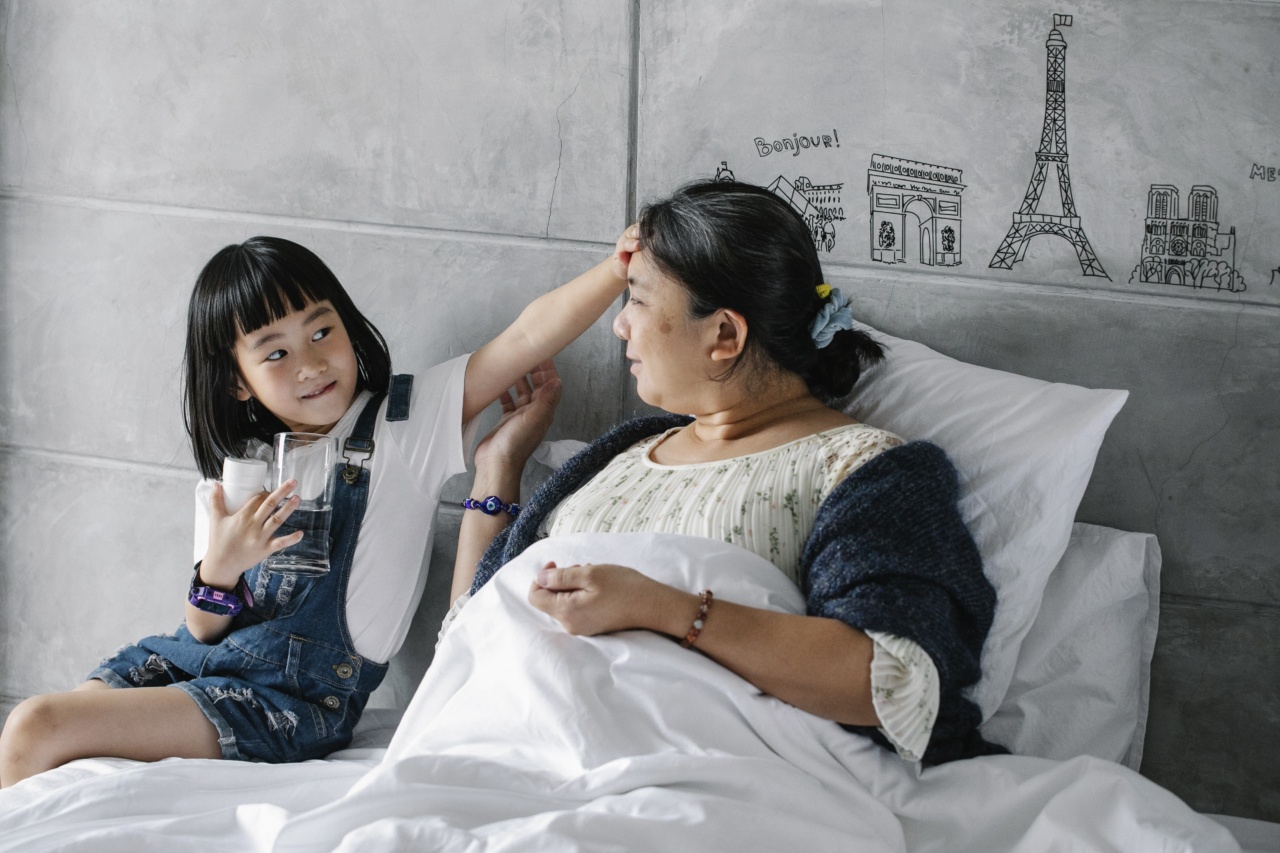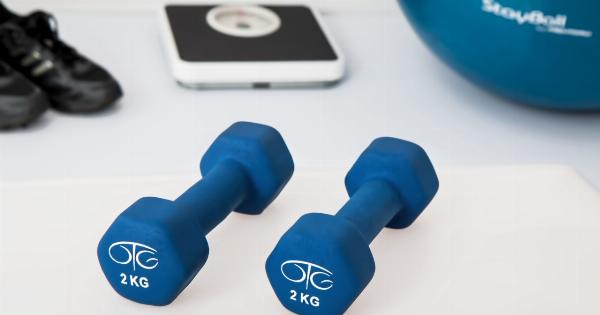Stroke is a medical condition that occurs when blood flow to the brain is interrupted or blocked, resulting in brain cell damage.
Often referred to as a “brain attack,” stroke can lead to a wide range of physical and cognitive impairments, depending on the severity and location of the brain injury.
Stroke can have a profound impact on an individual’s ability to perform everyday tasks, such as speaking, walking, or even swallowing. The road to recovery after a stroke is challenging, both for the individual affected and their loved ones.
However, with specialized stroke recovery care and support, individuals can regain their independence and improve their quality of life.
The Importance of Specialized Stroke Recovery Care
Specialized stroke recovery care is essential for maximizing recovery after a stroke. Unlike general rehabilitation services, specialized care focuses on addressing the unique needs of stroke survivors.
This comprehensive approach encompasses physical, emotional, and cognitive aspects of recovery, providing a tailored and multidisciplinary treatment plan.
The Role of Professionals in Stroke Recovery
1. Neurologists: Neurologists are medical professionals specializing in the diagnosis and treatment of brain disorders, including strokes.
They play a crucial role in assessing the extent of brain damage and prescribing appropriate medications to promote recovery.
2. Physical Therapists: Physical therapists work closely with stroke survivors to improve their physical strength, balance, and mobility.
They incorporate exercises, stretching techniques, and assistive devices to enhance recovery and reduce the risk of falls or injuries.
3. Speech and Language Therapists: Stroke often affects speech and communication abilities.
Speech and language therapists evaluate and treat individuals with post-stroke communication difficulties, helping them regain their speech, language, and swallowing abilities through specialized techniques and exercises.
4. Occupational Therapists: Occupational therapists focus on helping stroke survivors regain their independence in performing daily activities, such as dressing, bathing, and cooking.
They work on adaptive techniques, recommend assistive devices, and modify the home environment to facilitate a safe and comfortable recovery process.
5. Psychologists and Counselors: The emotional impact of stroke recovery can be overwhelming.
Psychologists and counselors provide support, counseling, and coping strategies for stroke survivors and their families as they navigate the emotional challenges and changes in their lives.
Rehabilitation Techniques for Stroke Recovery
1. Motor Function Rehabilitation: Motor function rehabilitation aims to improve physical strength, coordination, and mobility.
This may involve activities such as walking exercises, strength training, and balance exercises tailored to the individual’s specific needs.
2. Speech and Language Therapy: Speech and language therapy focuses on improving communication skills, speech articulation, and swallowing abilities.
Therapists may use techniques such as speech exercises, swallowing therapy, and assistive devices to aid in the recovery process.
3. Cognitive Rehabilitation: Stroke can often result in cognitive impairments, such as memory loss or difficulty with problem-solving.
Cognitive rehabilitation programs help individuals regain cognitive functions through exercises, memory-building techniques, and strategies for managing daily activities.
4. Adaptive Equipment and Assistive Devices: Depending on the severity of the stroke and its impact on physical abilities, stroke survivors may benefit from the use of adaptive equipment and assistive devices.
These can range from mobility aids, such as canes or walkers, to communication devices and other tools designed to enhance independence.
Support Networks for Stroke Recovery
1. Family and Friends: The support and encouragement of loved ones are crucial throughout the stroke recovery journey. Family and friends can provide emotional support, assist with daily activities, and actively participate in rehabilitation exercises.
2. Support Groups: Joining a stroke support group can offer a sense of community and understanding from individuals who have gone through similar experiences.
These groups can provide a platform for sharing stories, exchanging information, and offering tips for coping with the challenges of stroke recovery.
3. Professional Support Services: In addition to medical professionals, various support services specialize in stroke recovery.
This includes home healthcare providers, who can offer specialized care in the comfort of one’s own home, and rehabilitation centers that provide comprehensive stroke recovery programs.
Conclusion: Embracing Specialized Stroke Recovery Care
Specialized stroke recovery care and support are instrumental in helping individuals regain their independence and improve their overall quality of life.
By addressing the physical, emotional, and cognitive aspects of recovery, professionals can tailor treatment plans to suit each individual’s unique needs. Access to a supportive network of family, friends, and support groups further enhances the rehabilitation process.
Stroke recovery is a journey that requires patience, commitment, and ongoing care. With specialized stroke recovery services, individuals can embrace the opportunities for recovery, regain their abilities, and live life to the fullest once again.






























